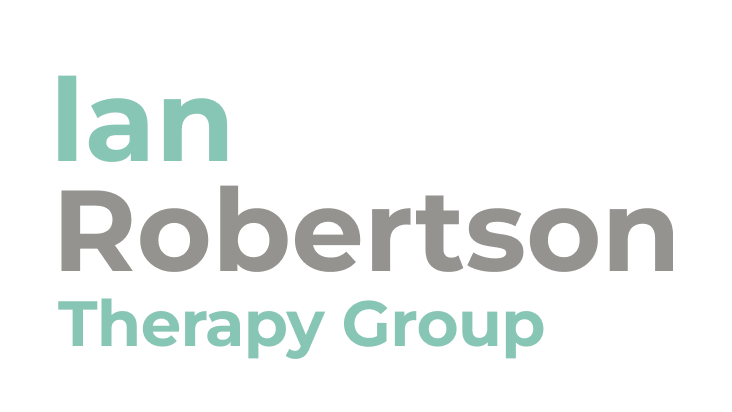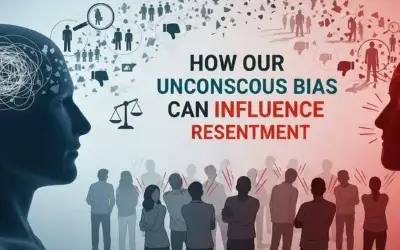
Do you ever find yourself saying yes when you really want to say no? Do you put others’ needs ahead of your own, even when it leaves you feeling drained, resentful, or invisible? You are not alone. At Ian Robertson Therapy Group, we often hear from clients who struggle with people pleasing and the toll it takes on their mental health and self-worth.
The desire to be liked or accepted can be deeply rooted, often reinforced from childhood or shaped by past relationships. Constantly living for others can rob you of your voice, your choices, and your sense of who you are. In this blog, we explore the patterns behind people pleasing, why it happens, and how you can start to shift these habits and reconnect with your authentic self.
What People Pleasing Really Costs You
People pleasing may seem like kindness on the surface, but underneath, it often comes with a cost. Harriet Braiker, author of The Disease to Please, reminds us of these 3 key truths:
- It is not possible for everyone to like or approve of you, and trying to make that happen is exhausting.
- Giving of yourself solely to earn affection or approval is a form of manipulation, not genuine connection.
- Your worth is not defined by others’ acceptance. True self-approval must come from within.
Over time, people pleasing can silence your own needs and leave you feeling empty. It can create patterns of overgiving, perfectionism, and emotional burnout. You may find yourself in relationships where you give far more than you receive or feel you must earn love by being agreeable, helpful, or self-sacrificing.
If this resonates with you, you may also appreciate our blog on Understanding Your Attachment Style, which explores how early relationship patterns influence adult behaviour.
The Myth of Niceness
Being kind is a strength, but when niceness becomes a mask to avoid rejection or conflict, it can prevent real connection. Niceness driven by fear of disapproval leads to:
- Suppressing your opinions or preferences
- Avoiding conflict at all costs
- Overcommitting out of guilt
- Feeling resentful but unable to speak up
Instead of gaining respect or feeling valued, you lose clarity about what you truly believe, want, or need. It becomes difficult to identify your own boundaries, let alone uphold them.
3 Steps to Start Saying No
Breaking free from people pleasing takes practice, self-awareness, and compassion. Here are 3 steps to help you begin:
1. Identify Your Triggers
Ask yourself:
- Who in your life do you feel compelled to please?
- What do you fear will happen if you stop?
- What would your relationship look like without the pleasing dynamic?
Being honest about your motives is the first step toward change.
2. Communicate Your Intentions
Let your close friends or loved ones know that you are working on this pattern. Share that you are trying to honour your needs and learn how to say no. Invite their support as you make this change.For additional support, our post on How Anxiety in Parents Can Affect Children can help uncover patterns that shape our adult behaviour, especially around conflict or boundaries.
3. Practice Saying No
Next time someone asks something of you:
- Pause. Give yourself time to respond.
- Ask if you are being manipulated or guilted.
- Use a “sandwich” response: say something positive, then say no, then end with kindness.
- Say no without apology. “No” is a complete sentence.
- Be clear and firm about your limits.
Start small, and notice how it feels to honour your needs. If guilt arises, remind yourself that you are allowed to take up space, rest, and say no.
For more boundary-setting strategies, check out our post on Finding Acceptance and Strength in Uncertainty.
Conclusion
You do not have to spend your life trying to be liked by everyone. People pleasing may have once helped you feel safe or accepted, but it is not the path to lasting connection or self-worth. Learning to say no, honouring your boundaries, and acting from authenticity is a powerful act of self-care.
If you are ready to explore these patterns and reclaim your voice, we are here to help. Reach out to Ian Robertson Therapy Group to talk with a therapist who can support your journey toward greater self-respect, clarity, and confidence.











